Read below to view a variety of this year’s publications from notable Montessorians around the world
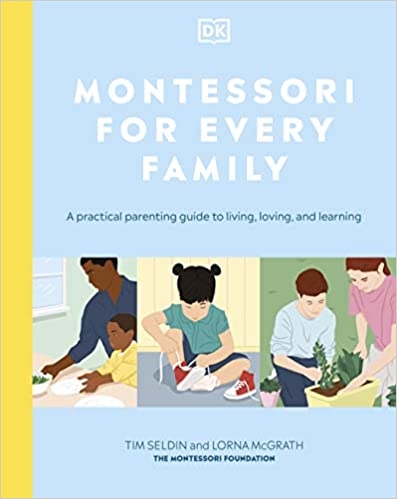
Montessori for Every Family. By Tim Seldin and Lorna McGrath. Montessori is accessible to everyone. This beautiful, modern book outlines the key principles that underpin the approach and makes applying them immediate and practical for every family.
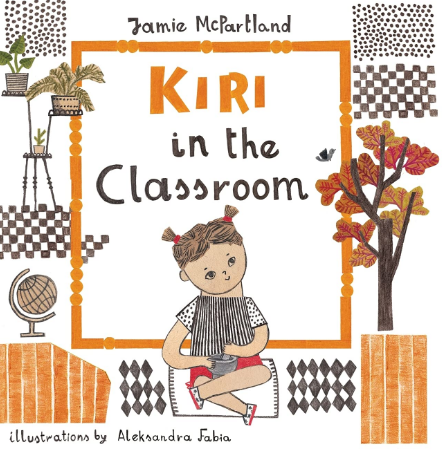
Kiri in the Classroom. By Jamie McPartland. The Kiri book series is an ongoing children’s picture book series published by Aleph Editing and Montessori Learners. In the books, simple stories illustrate the experience of 4-year-old Kiri as she begins school in a Montessori classroom, highlighting her curiosity and gift for observation. Written for a 3-5-year-old audience, the Kiri series places value on self-respect, the pleasure of self-directed, hands-on learning, patient observation, and an appreciation of the natural world and those around us.
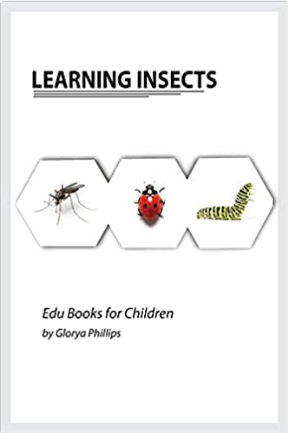
Learning Insects: Montessori real insects book for babies and toddlers, bits of intelligence for baby and toddler, children’s book, learning resources. By Glorya Phillips. ‘Learning Insects’ uses a Montessori approach, aiming to take advantage of a child’s natural born curiosity in order to stimulate critical thinking using images of insects, so that it spurs the toddler’s cognitive abilities.

Montessori: A Brief Guide. By M.M.Sasi Moorikkattil. There are many books on the topic, but this integrated book guides readers through Montessori philosophy as well as gives practical tips. It also addresses the ongoing relevance of the methodology, in particular with respect to the unprecedented pandemic situation of CORONA-19.
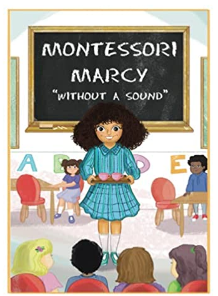
Montessori Marcy: Without a Sound. By Margaret A. Kling, AMI. This book is learning tool for parents to support their young child develop the ability to focus and control body movements. Fun activities and balancing games for children to learn in an interactive atmosphere.
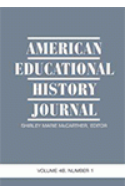
The American Educational History Journal. Edited by Shirley Marie McCarther. The AEHJ is a peer-reviewed, national research journal devoted to the examination of educational topics using perspectives from a variety of disciplines. 2021 articles include ‘Montessori Education in Kansas City, Missouri from 1988-2005: Race, the Dottoressa and the Pink Tower’ by Angela K. Murray, et al.
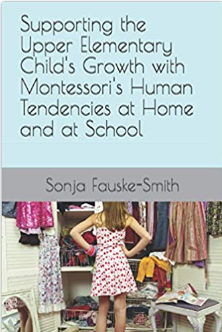
Supporting the Upper Elementary Child’s Growth with Montessori’s Human Tendencies at Home and at School. By Sonja Fauske-Smith. The prepared environment supports the tween who is driven by these human tendencies: Exploration is the desire to explore the world with their senses. Sense of Justice is the desire for things to be fair. Communication is the need for self-expression and the exchange of ideas and thoughts. Work is the drive to do purposeful things. Self-development is the desire to figure out who you are and become your best self. Autonomy is the need to do it yourself. Order is the need to make sense of the world and have predictability. These human tendencies are supported at school, and they can be supported at home. Understanding these human tendencies gives you insight into your tween’s behavior.
Leave a Reply